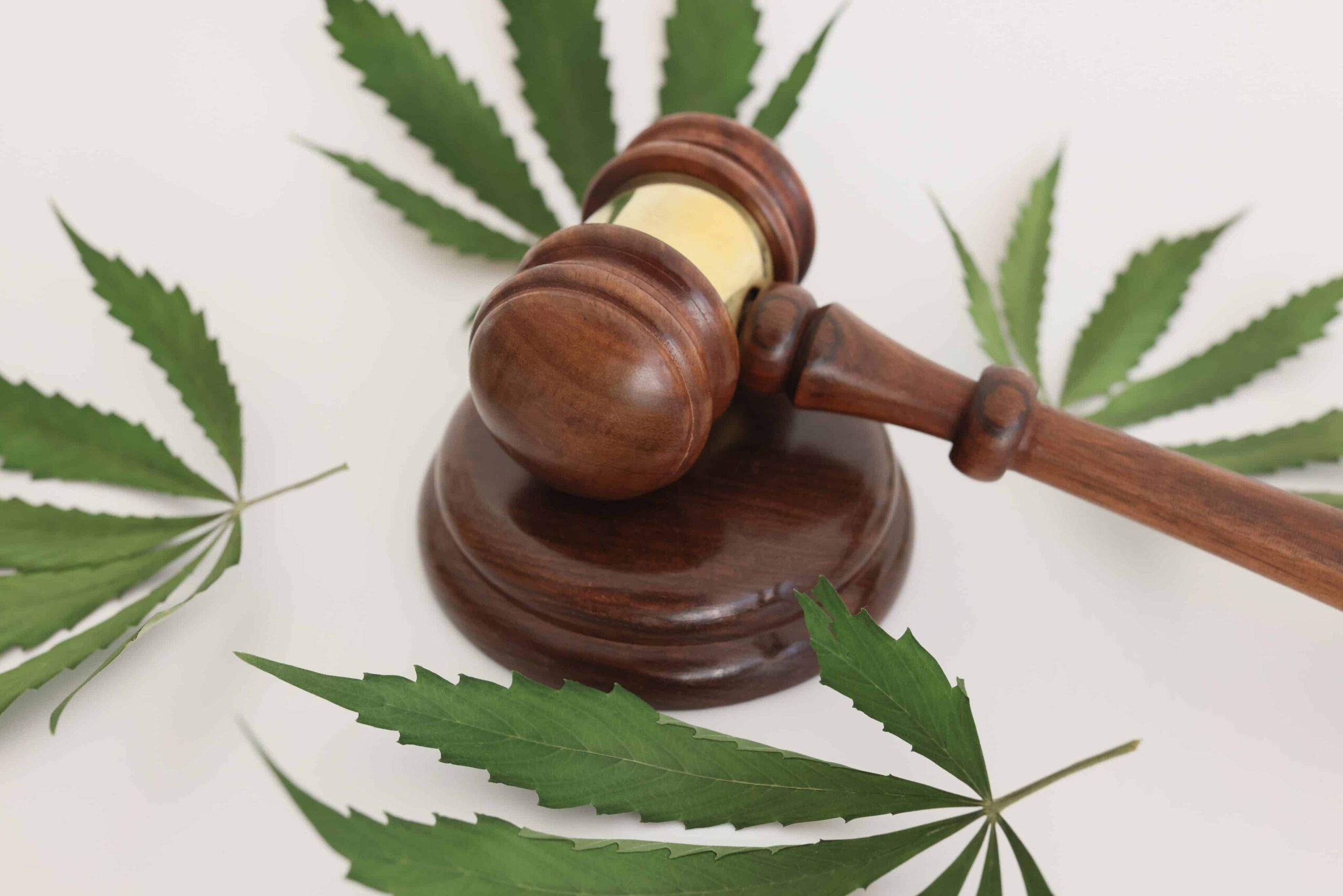
Florida Advocacy Group Files Lawsuit Against Attorney General Over Challenge of 2024 Election Initiative
Florida-based advocacy group Smart & Safe Florida (SSF) has been working hard to get a 2024 cannabis legalization initiative on the ballot. Recent developments include new briefs filed with the Florida Supreme Court.
On July 19, Smart & Safe Florida, along with the Medical Marijuana Business Association of Florida and the Cato Institute, filed a new brief in the Florida Supreme Court in response to Attorney General Ashley Moody’s objection. The Supreme Court describes this as a “high profile case”.
In the letter, SSF notes that the “roadmap” for previous cannabis ballot initiatives has guided cannabis reform, but Moody is trying to change that process. “In recent years, this court has created a ‘roadmap’ for sponsors of marijuana-related campaigns. When developing the initiative, SSF followed this clear roadmap. But the attorney general and other opponents are now arguing that this court should abruptly redraw the landscape,” the brief said. “The attorney general’s main argument is that this court should throw out three of its most recent precedents – precedents that it has specifically recommended that election sponsors use as blueprints for framing future initiatives.”
In attempting to “re-draw” this initiative map, SSF claims Moody is proposing that the Supreme Court “… abandon the respectful standard of review it has consistently applied to ballot initiatives for decades, essentially arguing that this Court erred in law in dozens of decisions, and that it should invent a new, milder standard for removing precedent.”
The SSF is asking the Supreme Court to “reject these misguided attempts to jettison established legal rules in the service of a thinly veiled political agenda” and to confirm that the SSF’s initiative “meets the legal requirements to put on the ballot.”
The Medical Marijuana Business Association of Florida and the Cato Institute also issued individual briefs.
The Medical Marijuana Business Association of Florida said that Moody’s argument “is misleading because it fails to disclose that there could be an extended period when the marijuana industry could be unregulated in the production of marijuana for non-medical adult personal use, ignores the current regulatory regime, which would remain in place, is speculative, and belied by Florida’s history of tightly regulating marijuana.” The organization asserts that the ballot title and summary are not misleading and should be approved.
The Cato Institute’s statement argues that the ballot initiative does not violate the state’s single-subject rule on ballot initiatives.
For the SSF ballot to be fully qualified, 891,589 valid signatures must be submitted. In March, the SSF submitted 420,000 signatures for the initiative’s goal of qualifying for the vote, but only 222,881 signatures were required to prompt a review of the vote summary text by the Florida Supreme Court in order to move forward.
Two months later, in May, Moody expressed her opinion that the ballot did not meet the requirements of the one-bin rule. “We are looking forward [Moody’s] Analysis, but more importantly, both written and oral arguments before the Florida Supreme Court and an affirmative ruling from that court,” SSF said at the time. “As an aside, it’s important to note that the Attorney General’s opinion is not binding and that this matter will be decided after both sides have had their say in the Florida Supreme Court.”
In June, Moody formally challenged the initiative with a legal opinion that the title and summary of the ballot were “false and misleading” because cannabis is still illegal under federal law. Moody also previously called a 2021 ballot initiative “misleading” and the Florida Supreme Court rejected the measure.
Cannabis company Trulieve has pledged a total of $39.05 million to put a legalization initiative to the vote in 2024.
If the initiative goes to the vote and is approved by voters, it would allow current medical cannabis companies to sell adult-use cannabis, but would also give state legislatures the ability to increase the number of dispensaries. For residents, it would allow adults to possess up to three ounces of flower and up to five grams of concentrates, but in its current form, home cultivation is not permitted and there is no mention of overturning cannabis convictions or social justice licensing.

Post a comment: